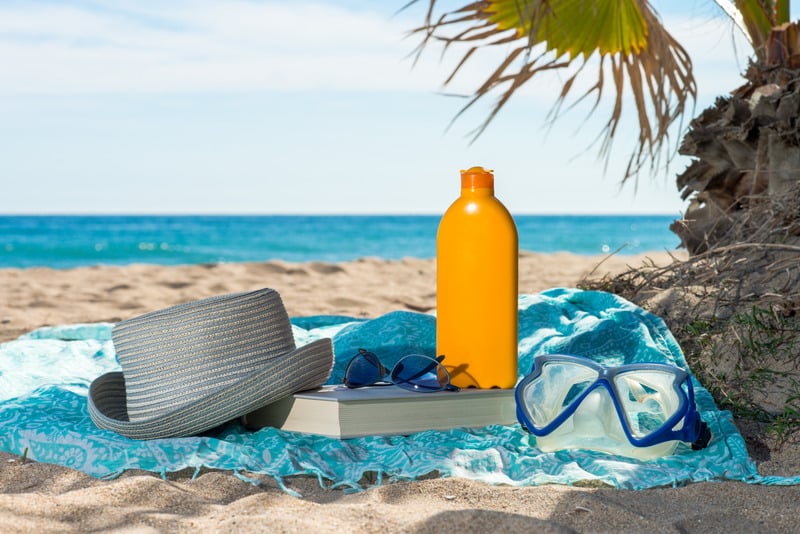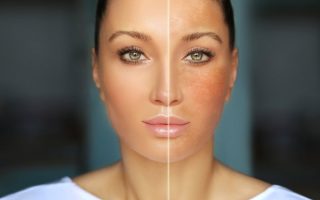When it comes to taking care of your skin, sunscreen is a must-have. It’s like a shield that protects you from the sun’s harmful rays. But with so many options out there, how do you choose the best one for you? Let’s dive into the essentials of sun protection and find out how to pick the perfect sunscreen.
Why Sunscreen is Important
Sunscreen is not just for beach days. It’s something you should use every day. Dr. Elizabeth Hale, a dermatologist, says, “Think of sunscreen as your skincare insurance. It’s not just about preventing burns, it’s about protecting your skin from premature aging and skin cancer” (American Academy of Dermatology). This means that sunscreen helps keep your skin looking young and healthy while also protecting you from serious health issues.
Understanding SPF
SPF stands for Sun Protection Factor. It tells you how well the sunscreen will protect your skin from UVB rays, which are the main cause of sunburn. Dr. Kenneth Beer, another dermatologist, explains, “Don’t be fooled by high SPF numbers. An SPF of 30 blocks 97% of UVB rays, while an SPF of 50 blocks 98%. The difference is negligible, but applying it generously and reapplying every two hours is crucial” (The New York Times). So, an SPF of 30 is usually enough if you apply it correctly.
Types of Sunscreen
There are two main types of sunscreen: chemical and mineral.
Chemical Sunscreen
Chemical sunscreens absorb UV rays and turn them into heat, which is then released from the skin. These sunscreens are usually easier to rub in and don’t leave a white residue. However, they can sometimes irritate sensitive skin.
Mineral Sunscreen
Mineral sunscreens, also known as physical sunscreens, use ingredients like zinc oxide or titanium dioxide to block UV rays. They sit on top of the skin and reflect the sun’s rays. Dr. Joshua Zeichner says, “Sunscreen is not a one-size-fits-all solution. People with sensitive skin may need to choose a mineral-based sunscreen, while those with oily skin might prefer a lightweight formula” (The Cut). Mineral sunscreens are often better for people with sensitive skin.
How to Choose the Right Sunscreen
Choosing the right sunscreen depends on your skin type and lifestyle. Here are some tips to help you decide:
For Sensitive Skin
If you have sensitive skin, look for a mineral sunscreen with zinc oxide or titanium dioxide. These ingredients are less likely to cause irritation.
For Oily Skin
If your skin is oily, choose a lightweight, oil-free formula. This will help prevent your skin from feeling greasy.
For Dry Skin
If you have dry skin, look for a sunscreen with added moisturizers. This will help keep your skin hydrated.
For Active Lifestyles
If you spend a lot of time outdoors or are very active, choose a water-resistant sunscreen. This will stay on your skin even if you sweat or go for a swim.
How to Apply Sunscreen
Applying sunscreen correctly is just as important as choosing the right one. Here are some steps to follow:
- Apply Generously: Use enough sunscreen to cover all exposed skin. A good rule of thumb is to use about one ounce (a shot glass full) for your entire body.
- Reapply Often: Reapply every two hours, or more often if you’re swimming or sweating.
- Don’t Forget: Remember to apply sunscreen to often-missed spots like your ears, neck, and the tops of your feet.
Common Myths About Sunscreen
There are many myths about sunscreen that can be confusing. Let’s clear up a few of them:
Myth 1: You Don’t Need Sunscreen on Cloudy Days
Even on cloudy days, up to 80% of the sun’s UV rays can reach your skin. So, it’s important to wear sunscreen every day, no matter the weather.
Myth 2: Dark Skin Doesn’t Need Sunscreen
People with dark skin can still get sunburned and are at risk for skin cancer. Everyone, regardless of skin tone, should wear sunscreen.
Myth 3: Sunscreen Causes Vitamin D Deficiency
Some people worry that wearing sunscreen will prevent them from getting enough vitamin D. While sunscreen can reduce the amount of vitamin D your skin makes, you can still get enough vitamin D from your diet and supplements. A review in the journal Nutrients found that more research is needed to fully understand the relationship between sunscreen use and vitamin D levels.
Personal Experience with Sunscreen
I remember a time when I thought sunscreen was only for beach days. One summer, I spent a lot of time outdoors without wearing any sunscreen. By the end of the summer, my skin was dry, and I had a few painful sunburns. That’s when I realized the importance of daily sun protection. Now, I make sure to apply sunscreen every morning, even if I’m just going to the office.
Expert Tips for Sun Protection
Here are some expert tips to help you stay protected from the sun:
- Make it a Habit: Dr. Amy Derick says, “The best sunscreen is the one you’ll actually wear. Find a formula and SPF that you like, and make it part of your daily routine” (Healthline). This means finding a sunscreen that feels good on your skin so you’ll use it every day.
- Use Other Forms of Protection: In addition to sunscreen, wear protective clothing, hats, and sunglasses. Seek shade when the sun is strongest, usually between 10 a.m. and 4 p.m.
- Check Expiration Dates: Sunscreen can lose its effectiveness over time. Make sure to check the expiration date on your sunscreen and replace it if it’s expired.
Conclusion
Choosing the best sunscreen for you is all about understanding your skin type and lifestyle. Remember to look for a sunscreen with an SPF of at least 30, and apply it generously and often. By making sunscreen a part of your daily routine, you can protect your skin from the sun’s harmful rays and keep it looking healthy and youthful.
So, next time you’re heading out the door, don’t forget to grab your sunscreen. Your skin will thank you!
References
- American Academy of Dermatology
- Healthline
- The New York Times
- The Cut
- Journal of the American Academy of Dermatology
- Nutrients
By following these tips and choosing the right sunscreen, you can enjoy the sun safely and keep your skin looking its best. Happy sunbathing!




